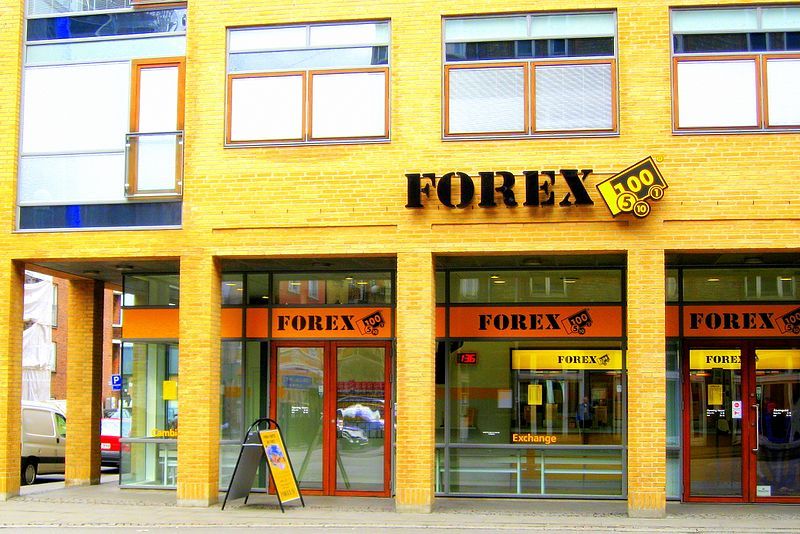Figures from the Danish financial supervisory authority Finanstilsynet reveal that the number of money exchange agencies has fallen sharply over the past two years, reports Politiken.
There are now only 19 agencies left out of 70 two years ago that are able to remain in business.
New requirements to prevent shady transactions
When Finanstilsynet took on the task of monitoring Danish exchange agencies in 2017, new legal requirements and procedures were introduced requiring all agencies to provide special training for staff as well as making risk assessments of customers.
Exchange agencies have been linked to cases of shady money transactions as well as money-laundering linked to drug trafficking and tax fraud for years.
As a result of the new legislation, agencies unable to document their ability to detect and report criminal transactions have lost their approval and have had to close down.
READ ALSO: Suspected money laundering at Nordea
Less than half even tried
According to Stig Nielsen, head of Finanstilsynet’s money-laundering office, only 31 of the 70 registered exchange agencies even applied for operating permission after the new requirements had been introduced. Of those, 12 were rejected.
“The fact that exchange agencies couldn’t live up to the new legislation shows that they simply can’t live up to the standards we demand from other financial institutions,” said Jakob Dedenroth Bernhoft, money-laundering expert and head of the accountancy advice body Revisorjura. “The new regulations are very similar to those you have to live up to when you run a bank,” he continued.















